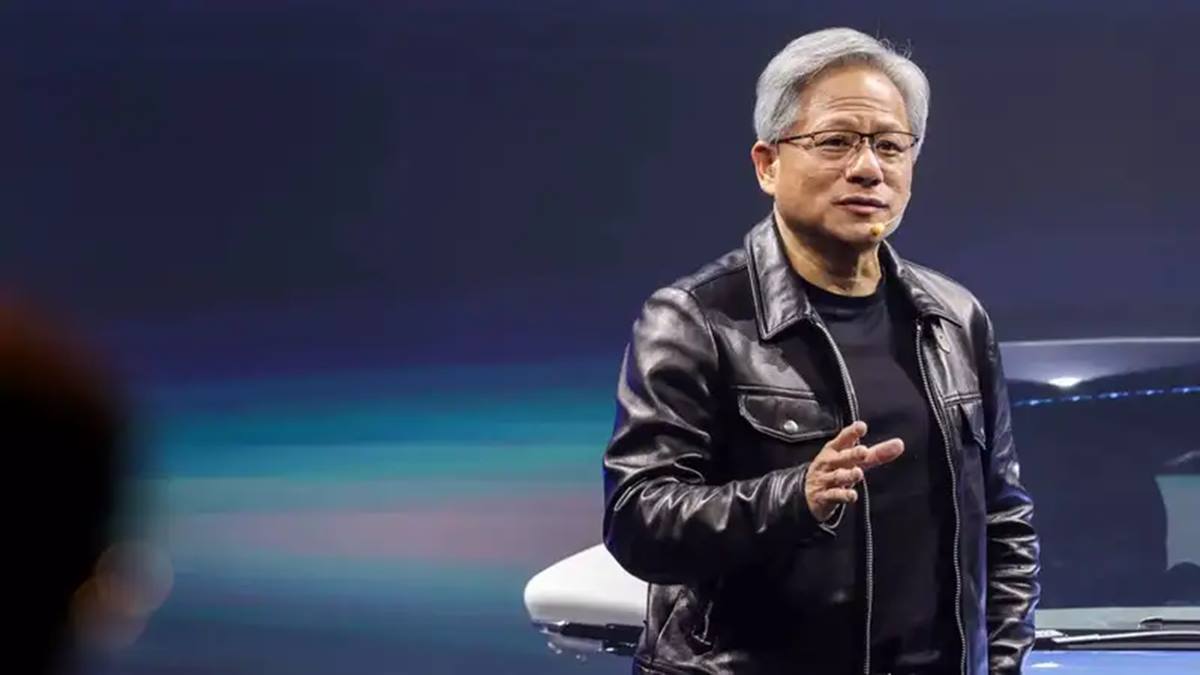Microsoft’s chief product officer has rejected the growing belief that coding is no longer a viable career path, days after the company confirmed a major round of job cuts. Over 6,000 positions were eliminated, with software engineers forming a large part of those affected.
Aparna Chennapragada, Chief Product Officer of Experiences and Devices at Microsoft, said she “fundamentally disagrees” with suggestions that computer science is no longer worth studying. Her remarks come just after Microsoft’s second-largest layoff in company history.
“I have one other additional bonus thing, which is a lot of folks think about, ‘Oh, don’t bother studying computer science or the coding is dead,’ and I just fundamentally disagree,” Chennapragada said during a podcast appearance.
Engineers hit hardest in job cuts
The layoffs, announced earlier this month, impacted employees in various roles. According to Bloomberg, in Washington state alone, more than 40% of around 2,000 jobs cut belonged to software engineers. Project managers made up nearly 30% of those affected in the state.
AI reshaping development landscape
Microsoft is investing heavily in artificial intelligence, which is changing how software is developed. In April, CEO Satya Nadella said that AI now writes up to 30% of code for some company projects. This has raised concerns over the future need for human programmers.
Chennapragada compared the shift to previous changes in how coding has evolved, saying that AI is simply a new layer in the process.
“We don’t program in assembly anymore. Most of us don’t even program in C, and then you’re kind of higher and higher layers of abstraction,” she said.
She suggested that in the future, more people may become what she called “software operators” instead of traditional coders.
“There’ll be an order of magnitude more software operators,” she said. “Instead of ‘Cs,’ maybe we’ll have ‘SOs,’ but that doesn’t mean you don’t understand computer science.”
Project managers may take on new tasks
Project management roles, which also saw notable cuts, could shift toward more content review and direction, Chennapragada said. With AI creating more ideas and prototypes, the challenge will be to select and refine the best options.
“In a world where the supply of ideas, supply of prototypes becomes even more like an order of magnitude higher, you’d have to think about, ‘What is the editing function here?’” she said.
Microsoft has set aside nearly $80 billion for AI infrastructure this fiscal year. At the same time, the company is cutting costs by reducing its workforce.
Layoffs driven due to reorganisation: Microsoft CEO Satya Nadella
Microsoft CEO Satya Nadella reportedly told employees during a recent internal Town Hall that the latest round of layoffs was driven by a company reorganisation, not employee performance. The company had earlier announced plans to cut around 6,000 jobs, about 3% of its total workforce. Many of these cuts affected roles in product development, underlining how even technical positions are being reshaped by the growing use of artificial intelligence. At the same meeting, Nadella also spoke about accelerating the use of Microsoft’s Copilot AI tools across customer organizations.
In a separate update, Microsoft has signed a major AI deal with Barclays Plc, according to Bloomberg. Judson Althoff, the company’s Chief Commercial Officer, said Barclays purchased 100,000 Copilot licenses. Other companies like Accenture, Toyota, Volkswagen, and Siemens are also reported to have similar levels of Copilot users. These enterprise sales, priced at $30 per user monthly, could generate tens of millions in revenue, though actual figures may vary due to volume-based discounts. Some customers have indicated that adopting Copilot requires internal changes and training, which has led to cautious, phased rollouts.




















